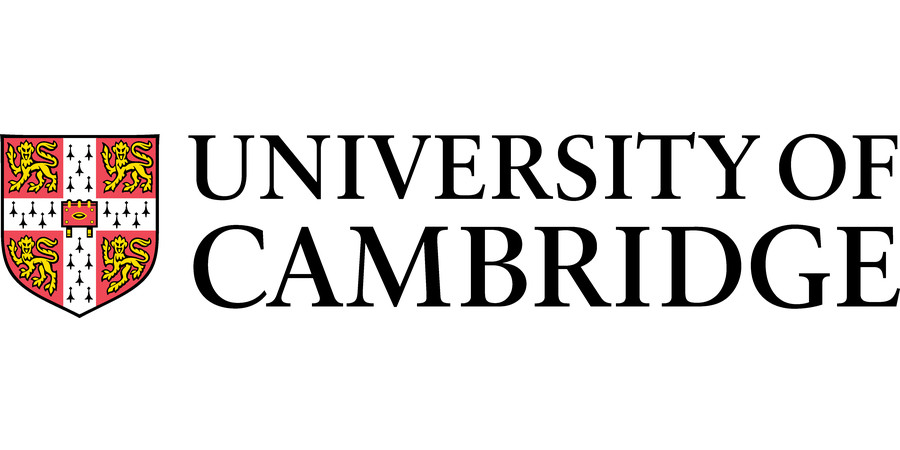PhD Studentship : New Analytical Methods to Advance the Design of Porous Materials
University of Cambridge - Department of Chemical Engineering and Biotechnology
| Qualification Type: | PhD |
|---|---|
| Location: | Cambridge |
| Funding for: | UK Students, International Students |
| Funding amount: | Not Specified |
| Hours: | Full Time |
| Placed On: | 13th February 2025 |
|---|---|
| Closes: | 23rd March 2025 |
| Reference: | NQ45084 |
A fully funded 3.5 year Ph.D. studentship is available to UK nationals and outstanding international students, with Professors Lynn Gladden, Mick Mantle and Andy Sederman, to start 1 October 2025.
Porous materials are central to the production of fuels, agrochemicals, pharmaceuticals, clean water and gas storage. Depending on the product required, the porous materials are known as catalysts, sorbents, membranes etc., but they all have common characteristics in that their performance is determined, to differing extents, by their chemical composition and the size (typically of nanometre to micron dimensions) of the pores that they contain.
Surprisingly, we still know relatively little about how molecules behave when confined within the pores of these materials, and yet it is clear that the chemical composition of the materials as well as their pore size have very significant effects on their performance. Pores are small, with curved surfaces and the macroscopic material is almost always optically opaque. The group in Cambridge has developed a wide range of nuclear magnetic resonance (NMR) methods to understand how molecular adsorption and mobility, and the phase behaviour of mixtures of molecular species changes when moving from the bulk phase to the confined 'world' of a nanometre to micron scale pore. Importantly the magnetic resonance methods can be performed at the operating conditions at which the porous materials will be used so that we learn how the materials are really 'working'.
This project will apply these techniques to at least 3 materials thereby demonstrating this approach in application to at least one catalyst (sustainable methanol production/ sustainable aviation fuel), one inorganic adsorbent (direct air capture) and an organic membrane (carbon capture and utilization; pharmaceutical production). These methods will then be translated on to low field NMR technology such that they can then be used widely as a routine part of material design in university and industrial R&D laboratories.
Applicants can only be considered for this studentship if they meet the Department's entry criteria: https://www.postgraduate.study.cam.ac.uk/courses/directory/egcepdcng/requirements
Applicants for the studentships should have a First Class (or a high 2:1) or equivalent degree in a relevant discipline such as chemical engineering, engineering, chemistry or physics. If your degree was taken outside the UK, please check the International Qualifications before you apply: https://www.postgraduate.study.cam.ac.uk/apply/before/international-qualifications>
To apply for these studentships, you will need to submit a formal application for our PhD in Chemical Engineering programme, which is available at the entry criteria page above. You will need to note Profs Lynn Gladden, Andy Sederman, and Mick Mantle as your prospective supervisor, and you will need to note vacancy reference number NQ45084 in the research proposal field. We are unable to consider late or incomplete applications.
Please quote reference NQ45084 on your application and in any correspondence about this vacancy.
The University actively supports equality, diversity and inclusion and encourages applications from all sections of society.
The University has a responsibility to ensure that all employees are eligible to live and work in the UK.
Advert information
Type / Role:
Subject Area(s):
Location(s):









